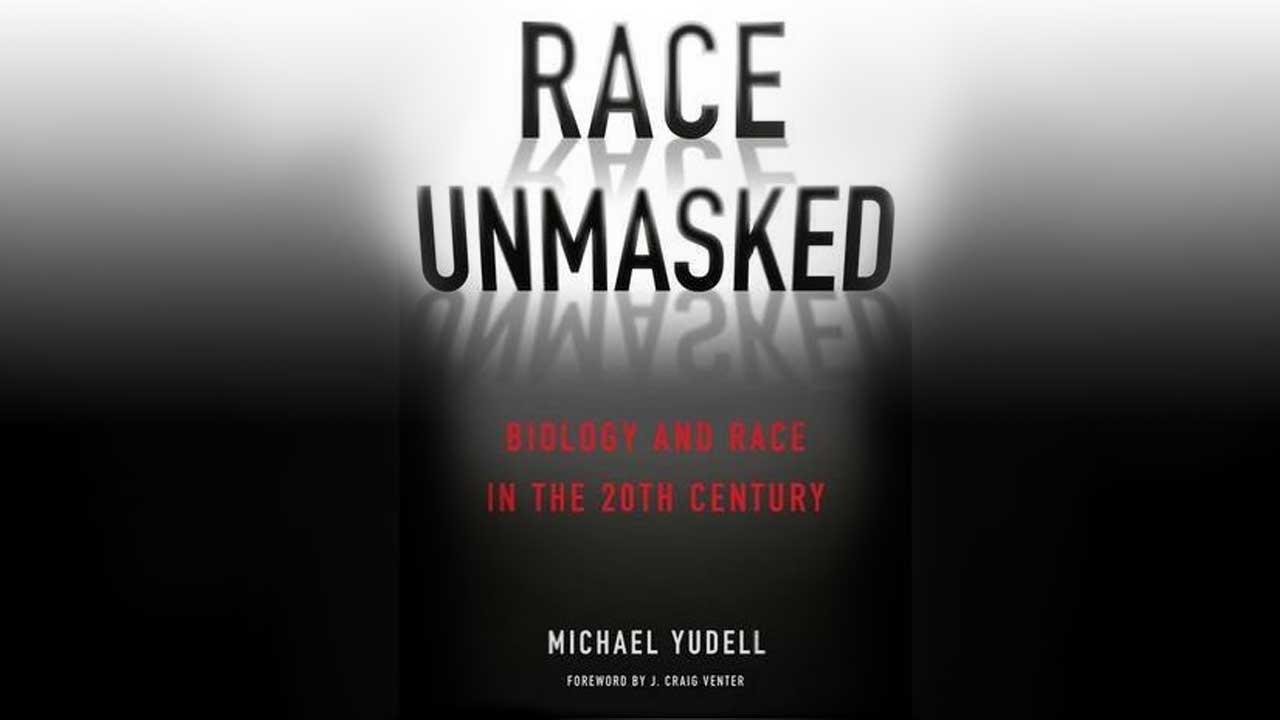Metis and the Medicine Line: Creating a Border and Dividing a People by Michel Hogue (review)
Labour / Le Travail
Issue 77, Spring 2016
pages 297-299
DOI: 10.1353/llt.2016.0039
Sterling Evans, Louise Welsh Chair in Southern Plains and Borderlands History
University of Oklahoma
Michel Hogue, Metis and the Medicine Line: Creating a Border and Dividing a People (Regina: University of Regina Press 2015)
It is not an exaggeration to assert that Michel Hogue’s Metis and the Medicine Line is now one of the best studies written about the western Canadian – US borderlands. It is thoroughly researched from a variety of different archival sources from both sides of the 49th parallel, it is very well organized and written, and will be a standard for North American borderlands history for many years to come. Likewise it is a fine addition to the already robust scholarship on Metis history (and note, it was Hogue’s choice to use the word “Metis” without an accent on the “e”). Thus, this combination of themes works to do exactly as the book’s subtitle suggests, relating the history of how creating a border divided a people.
To do so, Hogue argues that the goal of Metis and the Medicine Line is to reveal “how the process of nation-building and race-making were intertwined and how … the Metis shaped both.” (8) “The experiences of these borderland Metis communities,” he continues, “therefore offer a fresh perspective on the political, economic, and environmental transformations that re-worked the Northern Plains across the nineteenth century.” (9) And finally, he states how the book “offers a (partial) corrective to those who would focus solely on race by drawing attention to the historical circumstances that gave rise to the Metis emergence as an autonomous people … and to the resilience and persistence of such notions.” (19) Those are noble objectives, but it is fair to assess how well they are achieved in this study. Along the way, Hogue gives special attention to how the Metis developed “mobile communities” (7) in the borderlands, how they negotiated “racialized markers of belonging,” and how they created a “hybrid borderland world” (10) and “an interethnic landscape.” (20) And more than theoretical labels here, these kinds of terms help to define Hogue’s message of Metis resilience and agency and set up the book’s themes well in the Introduction.
At that point Metis and the Medicine Line is divided into five chapters, all with cleverly developed action noun signposts as main title markers. The first chapter, “Emergence: Creating a Metis Borderland” discusses the importance of the Metis bison economy and trade and how the Metis used that for border marking. Chapter 2, “Exchange: Trade, Sovereignty, and the Forty-Ninth Parallel,” explores the Metis role in the “growing salience of the 49th parallel” (55) and how they came to negotiate it for their benefit. Chapter 2, “Exchange: Trade, Sovereignty, and the 49th Parallel,” explores the Metis role in the “growing salience of the 49th parallel” (55) and how they came to negotiate it for their benefit. Chapter 3, “Belonging: Land, Treaties, and the Boundaries of Race,” gets into the more difficult business of trying to explain the complexity of Metis racial identity (and especially with the concept of “racial marking”) and continues to address the bison economy (especially as that came to change with the different degrees of bison decline on opposite sides of the US-Canadian border. In what I consider to be one of the book’s greatest strengths, Hogue provides excellent analyses of the Metis role in Plains geopolitics – not only in their dealings with the US and Canadian governments, but also with other Indigenous groups throughout the Northern Plains. The fourth chapter, “Resistance: Dismantling Plains Borderlands Settlements, 1879-1885,” gets into some comparative discussion of US and Canadian policies on Native peoples, offers more on border diplomacy, and reiterates the role of Louis Riel in all of this history. Likewise, for the Metis on the Canadian side of the line, it provides excellent analysis on “symbols of economic re-orientation.” (172) And finally, Chapter 5, “Exile: Scrip and Enrollment Commissions and the Shifting of Boundaries and Belongings,” is a bit more complicated and perhaps unnecessarily too detailed (the only place in the book I thought so) on the history of the scrip use by Metis peoples in Canada. This chapter seems like more of a stand-alone…
Read or purchase the review here.
